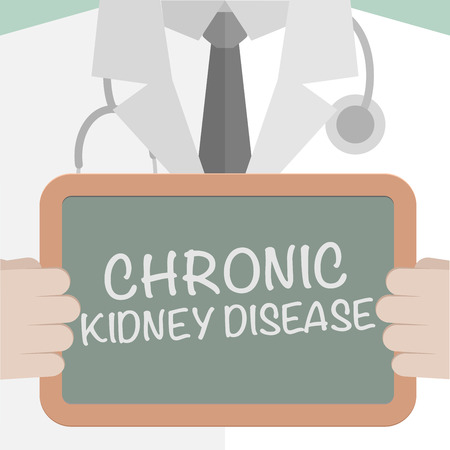
Happy Healthy Hump Day: Chronic Kidney Disease is Controllable
Posted: May 10, 2017
Bobbi, your registered dietitian here. Today, I would like to talk about Chronic Kidney Disease (CKD). As I have shared, my first job after finishing college was as a clinician at Children’s Hospital in Pittsburgh. I counseled parents and children with diabetes and other issues caused by obesity. And, the two major causes of CKD are diabetes and high blood pressure. With a family history of both diabetes and high blood pressure, this remains an important focus for my kids and me.
Diabetes is the most common cause of kidney failure. The results of the Diabetes Prevention Program (DPP) funded by the National Institute of Diabetes and Digestive and Kidney Diseases (NIDDK) show that moderate exercise, a healthier diet, and weight reduction can prevent the development of type 2 diabetes in persons at risk.
Diabetes happens when your blood sugar is too high, causing damage to many organs in your body, including the kidneys and heart, as well as blood vessels, nerves and eyes. High blood pressure, or hypertension, occurs when the pressure of your blood against the walls of your blood vessels increases. If uncontrolled, or poorly controlled, high blood pressure can be a leading cause of heart attacks, strokes and chronic kidney disease.
Most people may not have any severe symptoms until their kidney disease is advanced. However, you may notice that you:
- feel more tired and have less energy
- have trouble concentrating
- have a poor appetite
- have trouble sleeping
- have muscle cramping at night
- have swollen feet and ankles
- have puffiness around your eyes, especially in the morning
- have dry, itchy skin
- need to urinate more often, especially at night.
Anyone can get chronic kidney disease at any age. However, some people are more likely than others to develop kidney disease. You may have an increased risk for kidney disease if you:
- have diabetes
- have high blood pressure
- have a family history of kidney failure
- are older
- belong to a population group that has a high rate of diabetes or high blood pressure, such as African Americans, Hispanic Americans, Asian, Pacific Islanders, and American Indians.
You can’t change your family history or your population group. However, you can take some control with a healthy diet, moderate exercise and if necessary a reduction in your weight. Losing just 5% to 10% of your total weight can help you lower your blood sugar, blood pressure, and cholesterol levels. Losing weight and eating healthier can also have a profound effect on your mood, energy, and sense of wellbeing. Even if you’ve already developed diabetes, it’s not too late to make a positive change. By eating healthier, being more physically active, and losing weight, you can reduce your symptoms or even reverse diabetes which in turn reduces your risk of Chronic Kidney Disease. The bottom line is that you have more control over your health than you may think.
Additional Resources
http://www.diabetes.org/food-and-fitness/food/what-can-i-eat/?loc=ff-slabnav
http://www.mayoclinic.org/diseases-conditions/diabetes/in-depth/diabetes-diet/art-20044295

